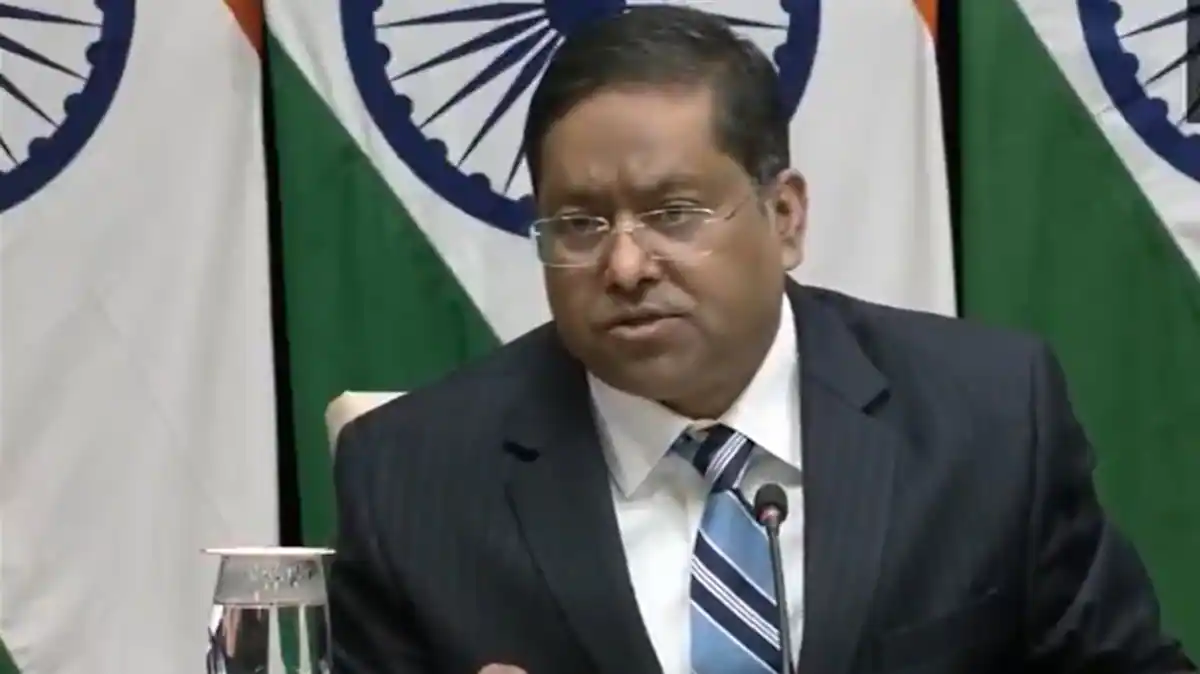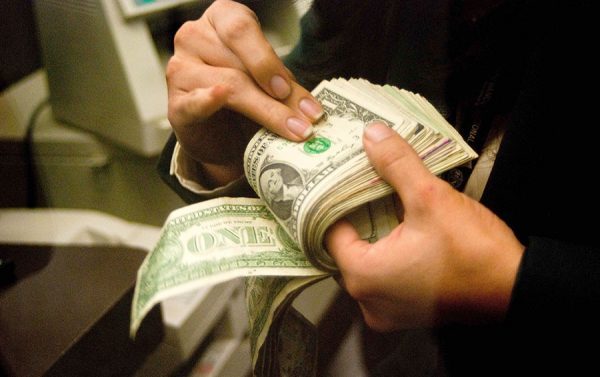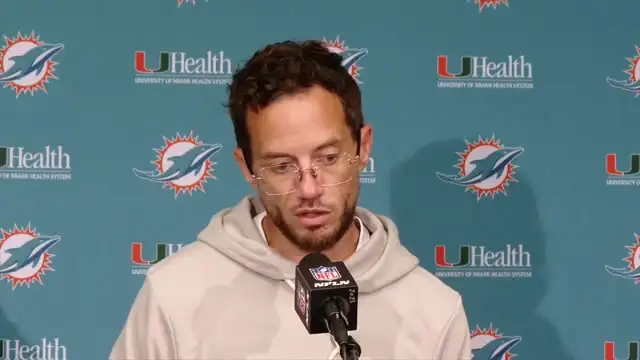Canadian Govt`s Responsibility To Address Consulates` Security Concerns : MEA On Khalistani Threat
By Ians,Zee News
Copyright india

NEW DELHI: Reacting strongly to the reports of growing Khalistani threats to Indian diplomatic missions in Canada, including the Indian Consulate in Vancouver, the Ministry of External Affairs (MEA) on Friday made it clear that it is the responsibility of the Canadian government to provide security, as and when there is a concern. It is the responsibility of the Canadian government or the host government wherever we are, wherever we have diplomatic establishments to provide security as and when there is a concern, we do take it up with the concerned side, in this case, Canada, to ensure that there is adequate security of our diplomatic premises, MEA spokesperson Randhir Jaiswal stated during a weekly media briefing in New Delhi while responding to a question on the threats being issued to the Indian Consulates in Canada.The reaction came after the National Security Advisors of both countries held talks on Thursday as part of the regular bilateral security consultations between Ottawa and New Delhi.The NSA of Canada held talks with our National Security Advisor, I think it happened yesterday, 18th, this is part of the regular bilateral security consultations that happen between the two countries. It was also an opportunity and an occasion for them to follow up on the discussions that happened between Prime Minister Modi and Prime Minister Carney in Kananaskis on the sidelines of G7 in Alberta, Canada, stated Jaiswal.It was on the sidelines of the G7 Summit that PM Modi and Carney held a meeting aimed at reviving the strained ties between both nations. The June 18 discussions were described as very positive and constructive by Foreign Secretary Vikram Misri. As an initial move, both leaders had agreed to restore High Commissioners to each others capitals at the earliest opportunity.Further, the two nations resolved to revive senior and working-level mechanisms on various fronts. They also agreed to resume senior and working-level mechanisms and discussions in a host of areas related to trade, people-to-people contact and connectivity, all of them intended to bring greater momentum to the relationship.Last month, India had announced that Dinesh K Patnaik, who earlier served as Indias Ambassador to Spain, has been appointed as the next High Commissioner to Canada. The appointment came more than 10 months after New Delhi had withdrawn its previous High Commissioner to Ottawa over the then Canadian Prime Minister Justin Trudeaus continued hostility towards India.Citing the atmosphere of extremism and violence that had prevailed during Trudeaus tenure, India had withdrawn High Commissioner Sanjay Kumar Verma, one of the countrys senior most serving diplomats, in October 2014.The ties between India and Canada had soured after Trudeau alleged in the Canadian Parliament that he had credible allegations of Indias hand in the killing of Khalistani terrorist Hardeep Singh Nijjar.A major diplomatic row had erupted when Canada labelled Indias High Commissioner and other diplomats as persons of interest in the investigation of Nijjars death. India denied all the allegations, calling them absurd and motivated, accusing Ottawa of giving space to extremist and anti-India elements in the country.



